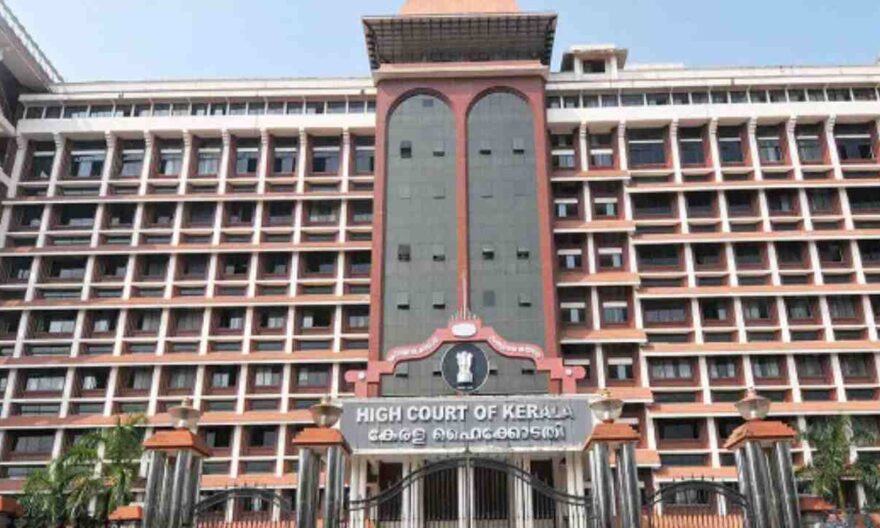
Justice Ziyad Rahman A.A of the Kerala High Court recently disagreed with the findings of a previous case and reiterated that the availability of a revisional remedy does not act as an absolute bar to the exercise of inherent powers under Section 482 CrPC.
The bench held that the High Court can invoke its inherent powers to prevent the abuse of court process or to secure justice, even if a revision remedy is available.
The case involved a petitioner who was the registered owner of a truck rented out to the first accused. The truck’s ownership was fraudulently transferred to the third respondent using false documents. The petitioner filed a complaint, resulting in the seizure of the vehicle. However, his request for the release of the seized truck under Section 451 of CrPC was dismissed by the Magistrate. The Magistrate relied on the fact that the vehicle was seized from the possession of the third respondent, not the petitioner, and that the original registration certificate was not produced.
The petitioner challenged the dismissal before the High Court, arguing that it was impossible for him to obtain the original registration certificate since the transfer of the vehicle was based on forged documents. The petitioner contended that interim custody of the vehicle should not be denied solely on the grounds that it was not seized from his possession.
The third respondent argued against the maintainability of the petition, asserting that inherent powers under Section 482 could not be invoked when an order passed under Section 451 is revisable under Section 397. The High Court disagreed with this argument, distinguishing the present case from the precedent of Bayyarapu Suresh Babu v. State of Andra Pradesh.
Justice Rahman emphasized that the availability of the revision remedy should not serve as an absolute bar to invoking the jurisdiction of the High Court under Section 482 CrPC. The powers under Section 482 can be invoked to prevent abuse of court process and secure justice. Additionally, dismissing the application on technical grounds and requiring the petitioner to pursue the remedy of revision would only prolong the proceedings.
Considering the circumstances and the purpose of securing justice, the Court allowed the petitioner’s application for interim custody of the vehicle, setting aside the Magistrate’s order. The Court noted that there is no universal principle for deciding the question of interim custody and that it depends on the facts of each case. The competent person to be entrusted with the custody of the vehicle may vary from case to case.
The Court concluded that the invocation of inherent powers under Section 482 CrPC was justified in this situation and that dismissing the application solely on the basis of the availability of a revision remedy would not serve the interests of justice. The impugned order of the Magistrate was set aside.




